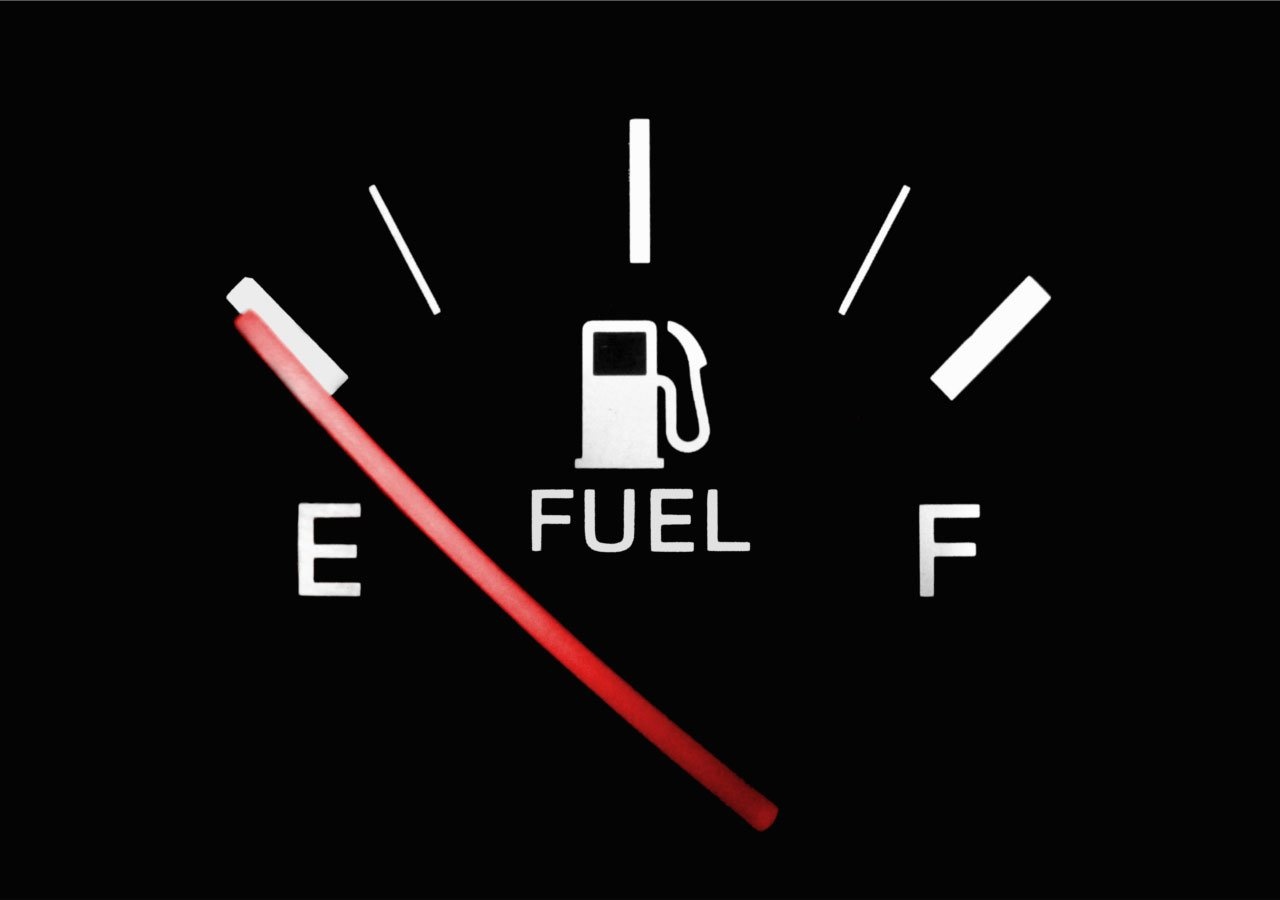
As a fleet manager, you should monitor fuel efficiency using fleet telematics like fuel management systems. Most fleet managers have reported that fuel costs and vehicle maintenance are the most expensive aspects of fleet operations. Depending on your company’s fleet size, you may lose $10,000s or $100,000s per year if you are not tracking your fleet’s fuel consumption.
High inflation rates worldwide have contributed to rising fuel costs. In many countries, fuel costs have tripled or quadrupled in less than a year. It has become imperative for fleet managers to focus on fuel efficiency by controlling and monitoring fuel consumption and its related costs.
It makes sense to incorporate fuel management strategies into your fleet safety policies and procedures and train everyone on their importance. A culture of fuel efficiency goes a long way toward reducing unnecessary expenses.
Fuel inefficiency can be curbed when fleet managers practice the following:
· Journey management
· Idling
· Proactive vehicle maintenance
· Purchase vehicles with the best fuel economy
· Avoid aggressive driving
Journey management
Fleet managers should plan routes with employees before embarking on any trip. A Fleet Manager should identify and avoid hazardous spots (bad roads) and busy roads, as these can contribute to high fuel costs. The more time spent in traffic-prone areas or navigating bad roads fuel consumption increases. Today, fleet managers can leverage technology like GPS to identify areas to avoid and when to avoid them.
Idling
A vehicle engine running while parked contributes largely to fuel inefficiency and can be very costly to your company. Idling can also be harmful to people’s health and the environment. There are times when idling cannot be avoided, such as when a driver is in traffic, but other times a driver should shut the vehicle’s engine off when the vehicle is not in motion.
Proactive vehicle maintenance
Vehicle maintenance done regularly leads to optimized fuel efficiency. A vehicle that is not well maintained will consume more fuel, thereby costing your company more money. Fleet managers should follow the maintenance schedules, including oil changes, tire rotations, wheel alignment, and tire pressure, according to the vehicle manufacturer’s guidelines.
Purchase vehicles with the best fuel economy
If you want to spend less on fuel, fuel efficiency should be a high priority in your vehicle acquisition program. Most companies expect to use new vehicles for at least five years before considering a replacement. That’s five years of putting fuel into a vehicle that may not be fuel efficient.
Avoid aggressive driving
Most engines are optimized for safe travel at the speed limit. Excessive speeding often leads to wasted fuel and unnecessary expenses. According to European tests, aggressive driving, including harsh braking and excessive speeding, can increase fuel consumption by approximately 40%.
A company realizes several benefits from having a fuel management system, such as reduced costs, lower carbon footprints, improved driver safety, and saved time.
Do you have a robust fleet management system? It’s okay if you don’t have one yet. Learn more about how we can help improve your fleet operations, save lives, and reduce costs. Please send an email or call us.
You’re only one call away from greatness.
-
Previous Post
Fleet Safety Risk Assessment: Why Your Company Needs One






